Dunlin by Duke Coonrad/Audubon Photography Awards
Birds amaze and delight us. Their beauty captivates us. Their ingenuity and ability spark our imagination. Yet birds play many other important roles in our lives and the world.
Have you ever wondered what the world would be like without birds? Well beyond their beauty and splendor, birds matter! Their impact on the natural world and our own history should not be underestimated.
Have you ever wondered what the world would be like without birds? Well beyond their beauty and splendor, birds matter! Their impact on the natural world and our own history should not be underestimated.
DID YOU KNOW THAT...
Birds contribute to the diversity of plant life through pollination and seed dispersal. Birds also control insect outbreaks and create important nesting cavities for other species. They help rid the world of disease through scavenger “clean-up” services. Finally, birds help shape our culture, provide important economic benefits, and serve as important indicators for scientists about the state of the environment.
Yet even though they are so important, many bird populations are declining. We have already lost birds such as the Passenger Pigeon, Carolina Parakeet, Ivory-billed Woodpecker, and Bachman’s Warbler, and many other birds are endangered or threatened. Climate Change poses a huge threat to birds. According to the National Audubon Society's Birds and Climate Change Report, shrinking and shifting ranges could imperil nearly half of U.S. birds within this century.
Nothing is more important for bird conservation than sharing your enthusiasm and love for birds with others. They provide a wonderful source of enjoyment and are an important connection we have with the natural world.
Yet even though they are so important, many bird populations are declining. We have already lost birds such as the Passenger Pigeon, Carolina Parakeet, Ivory-billed Woodpecker, and Bachman’s Warbler, and many other birds are endangered or threatened. Climate Change poses a huge threat to birds. According to the National Audubon Society's Birds and Climate Change Report, shrinking and shifting ranges could imperil nearly half of U.S. birds within this century.
Nothing is more important for bird conservation than sharing your enthusiasm and love for birds with others. They provide a wonderful source of enjoyment and are an important connection we have with the natural world.
Other Ways to Help...
Buy Shade Grown Coffee Many of the songbirds you see migrating through Georgia will spend part of their winter in a Central or South American coffee plantation shaded with canopy trees. The more native canopy trees there are, and the greater diversity of those trees, the more birds and wildlife they will shelter. Buying shade grown coffee will protect trees, wildlife, and the birds! More information is available at our Shade Grown Coffee page.
Be a Community Scientist Throughout the year, a variety of organizations have special bird counting events that the general public is invited and encouraged to join. Events such as the Great Backyard Bird Count, the Christmas Bird Count, and Neighborhood Nestwatch are not only fun and a great activity for family and friends, but they provide scientists with invaluable data on the current condition of birds around the state and across the country. Visit our Community Science page for more information.
Keep Your Cat Indoors Scientists estimate that cats (both domestic and feral) kill four million birds each day (one billion annually). Common victims include Northern Cardinals, Blue Jays, and House Wrens, as well as other endangered and rare species. In addition, cats may out-compete natural predators for food and have a detrimental effect on wildlife. You can find out more about why it is important to bring your cat indoors at www.abcbirds.org/cats/.
Buy a Duck Stamp Do you know that buying an official duck stamp can be one of the most important things you can do for conserving the environment? Duck stamps cost just $15 each and 98 percent goes directly to habitat conservation. To date, more than $700 million has been generated to add 5.2 million acres of habitat to the National Wildlife Refuge System. Buy them at most post offices, sporting good stores, or online at www.fws.gov/duckstamps/.
Feed the Birds At a minimum, all birds must have food, water, shelter, and nest sites. The easiest way to attract birds is to put out bird feeders. But remember, busy feeders are great places for diseases to be exchanged among birds. Provide the proper menu to avoid waste, clean feeders regularly, and rake up hulls underneath the feeders to help keep visiting birds healthy. Visit the Wild Birds Unlimited website for tips on keeping all types of feeders clean.
Certify Your Property as a Birds Georgia Wildlife Sanctuary
As more and more land becomes developed across Georgia, consider certifying your property as a Wildlife Sanctuary with Birds Georgia. Creating or enhancing your property to include food and water sources, nesting site, and shelter for birds will help provide critical habitat where development has eliminated many natural areas and important “corridors” for successful migration. More information is available on our Wildlife Sanctuary Certification page.
Be a Community Scientist Throughout the year, a variety of organizations have special bird counting events that the general public is invited and encouraged to join. Events such as the Great Backyard Bird Count, the Christmas Bird Count, and Neighborhood Nestwatch are not only fun and a great activity for family and friends, but they provide scientists with invaluable data on the current condition of birds around the state and across the country. Visit our Community Science page for more information.
Keep Your Cat Indoors Scientists estimate that cats (both domestic and feral) kill four million birds each day (one billion annually). Common victims include Northern Cardinals, Blue Jays, and House Wrens, as well as other endangered and rare species. In addition, cats may out-compete natural predators for food and have a detrimental effect on wildlife. You can find out more about why it is important to bring your cat indoors at www.abcbirds.org/cats/.
Buy a Duck Stamp Do you know that buying an official duck stamp can be one of the most important things you can do for conserving the environment? Duck stamps cost just $15 each and 98 percent goes directly to habitat conservation. To date, more than $700 million has been generated to add 5.2 million acres of habitat to the National Wildlife Refuge System. Buy them at most post offices, sporting good stores, or online at www.fws.gov/duckstamps/.
Feed the Birds At a minimum, all birds must have food, water, shelter, and nest sites. The easiest way to attract birds is to put out bird feeders. But remember, busy feeders are great places for diseases to be exchanged among birds. Provide the proper menu to avoid waste, clean feeders regularly, and rake up hulls underneath the feeders to help keep visiting birds healthy. Visit the Wild Birds Unlimited website for tips on keeping all types of feeders clean.
Certify Your Property as a Birds Georgia Wildlife Sanctuary
As more and more land becomes developed across Georgia, consider certifying your property as a Wildlife Sanctuary with Birds Georgia. Creating or enhancing your property to include food and water sources, nesting site, and shelter for birds will help provide critical habitat where development has eliminated many natural areas and important “corridors” for successful migration. More information is available on our Wildlife Sanctuary Certification page.


